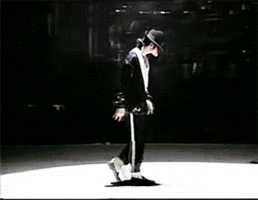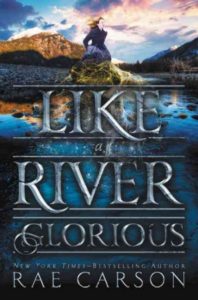 I’ve been in a reading funk for a little bit. Yep, it even happens to us booksellers. I just couldn’t get into any of the books I was picking up lately. So, I did what I always do to get out of said “funk”…I went to our young adult section and asked Clara to just go nuts and hand me books. Because, hey…..that section is just plain fun. Sure enough, she handed me an advance copy of the second book in Rae Carson’s The Gold Seer Trilogy, Like A River Glorious! I read the first book in the trilogy when it came out last September and loved it, so I was pretty excited to get back into the world that Carson has created.
I’ve been in a reading funk for a little bit. Yep, it even happens to us booksellers. I just couldn’t get into any of the books I was picking up lately. So, I did what I always do to get out of said “funk”…I went to our young adult section and asked Clara to just go nuts and hand me books. Because, hey…..that section is just plain fun. Sure enough, she handed me an advance copy of the second book in Rae Carson’s The Gold Seer Trilogy, Like A River Glorious! I read the first book in the trilogy when it came out last September and loved it, so I was pretty excited to get back into the world that Carson has created.
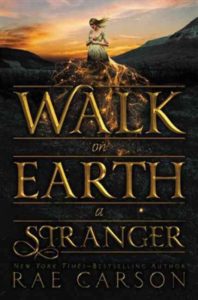 The Gold Seer Trilogy begins with the first book, Walk on Earth a Stranger, which was long-listed for the National Book Award for Young People’s Literature last year. I’m just going to write an overview of both books, because I don’t want to spoil anything if you haven’t even started the series. Which, you obviously should. Like, now.
The Gold Seer Trilogy begins with the first book, Walk on Earth a Stranger, which was long-listed for the National Book Award for Young People’s Literature last year. I’m just going to write an overview of both books, because I don’t want to spoil anything if you haven’t even started the series. Which, you obviously should. Like, now.
This series is very much historical fiction, as it is set during the Gold Rush-era in America; but, in true Carson form, there is also magic throughout. Lee Westfall, the protagonist, has a strong, loving family. She has a home that she loves and a loyal longtime friend, Jefferson—who might want to be something more than friends. She also has a secret which only her family, including her awful uncle, knows: she can sense gold in the world around her…small nuggets in a stream, veins deep within the earth, even gold dust under her fingernails.
And y’all….she is a badass. She basically loses everything due to her special ability and her terrifying uncle. She begins a very long and hard journey westward to California disguised as a boy to not only hide from her uncle, but also to keep herself safe from others and to be seen as an equal to all other traveling men. Lee swears to herself that she will never marry, because then she and anything she does will become the property of her husband. Jefferson heads west as well to get away from his own abusive home life and the two meet up in Missouri. On their journey, they face sickness and exhaustion, greedy gold seekers sent by Lee’s uncle, and stampedes of buffalo. Once in California, Lee and Jefferson finally have a new group of people to call their family and with Lee’s ability, they set up their homestead on plots of land rich with gold. But, with gold….comes more trouble.

Carson does such a great job balancing the magic with all of the historical aspects. She also makes Lee Westfall an awesome, strong female lead. This is a great series for girls ages 14 and up. If you haven’t read any Rae Carson, go to Lemuria, find me (I’m usually at the front desk) and then treat yourself to about three or four of her books. This is Carson’s second book series, her first is The Girl of Fire and Thorns series. READ IT. It is awesome as well.
Happy Reading!


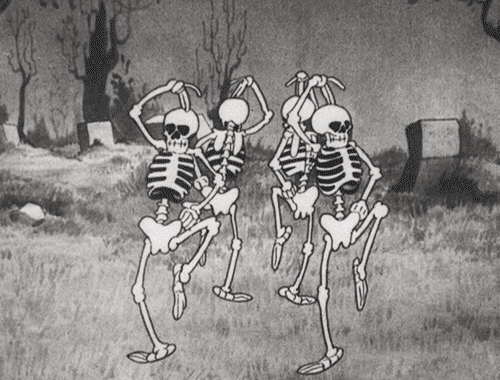
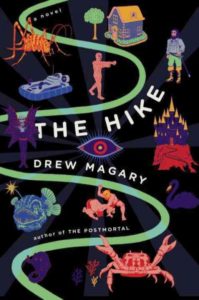 The first book I’d like to talk about is
The first book I’d like to talk about is 
 The second book I’d like to recommend is
The second book I’d like to recommend is 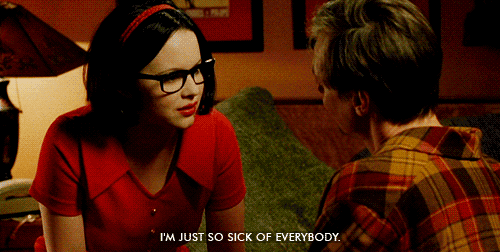 Set against the
Set against the 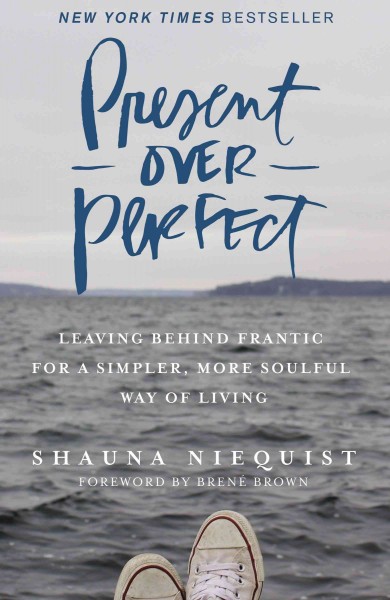 Well, Shauna Niequist knows how you feel. Her new Christian non-fiction book,
Well, Shauna Niequist knows how you feel. Her new Christian non-fiction book, 
 h of the country in order to spend the summer with their father in Virginia. The Keating and Cousins children are a formidable group who will leave their sleeping, hungover parents asleep in a motel while they, the children, claim the gun from the car, a bottle of liquor, and the Benadryl that one of them is required to keep on them at all times. More will be revealed about that situation if you read the book.
h of the country in order to spend the summer with their father in Virginia. The Keating and Cousins children are a formidable group who will leave their sleeping, hungover parents asleep in a motel while they, the children, claim the gun from the car, a bottle of liquor, and the Benadryl that one of them is required to keep on them at all times. More will be revealed about that situation if you read the book.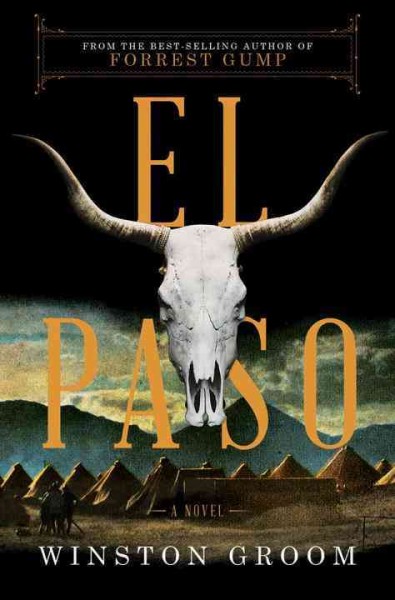 On the back of the beautifully-bound
On the back of the beautifully-bound 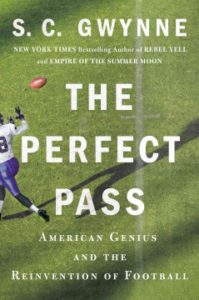 In
In  Hal Mumme at one point was head coach at Kentucky and once upset the mighty Alabama Crimson Tide. Now, he coaches at my beloved alma mater, Belhaven University, a Christian liberal arts college here in Jackson with an arts emphasis and little in the way of a football heritage—yet. The influence of the Air Raid is felt with the increase of passing in the NFL down to the ubiquity of 7-on-7 camps for high school recruits.
Hal Mumme at one point was head coach at Kentucky and once upset the mighty Alabama Crimson Tide. Now, he coaches at my beloved alma mater, Belhaven University, a Christian liberal arts college here in Jackson with an arts emphasis and little in the way of a football heritage—yet. The influence of the Air Raid is felt with the increase of passing in the NFL down to the ubiquity of 7-on-7 camps for high school recruits.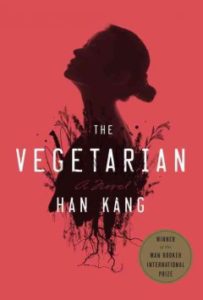 A story told through three different viewpoints,
A story told through three different viewpoints, 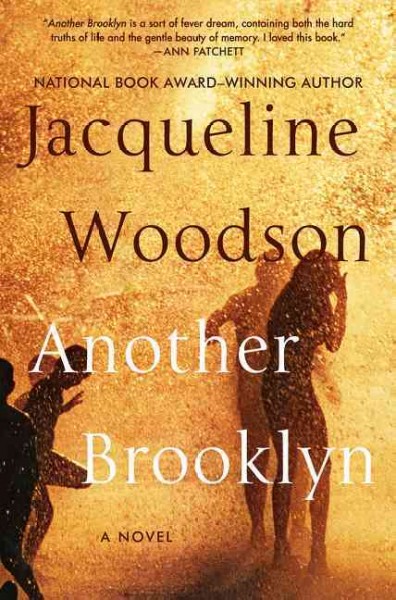
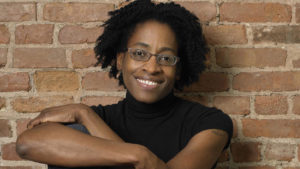
 Mary Mann Hamilton was a remarkable women who was encouraged to write down her life as a female pioneer. Hamilton was born in 1866 and passed away in 1936. It was later in her life that she began to write down her experiences of “taming the American South”– she writes about living through floods, fires, tornadoes, and her husband’s drinking. An early draft of
Mary Mann Hamilton was a remarkable women who was encouraged to write down her life as a female pioneer. Hamilton was born in 1866 and passed away in 1936. It was later in her life that she began to write down her experiences of “taming the American South”– she writes about living through floods, fires, tornadoes, and her husband’s drinking. An early draft of 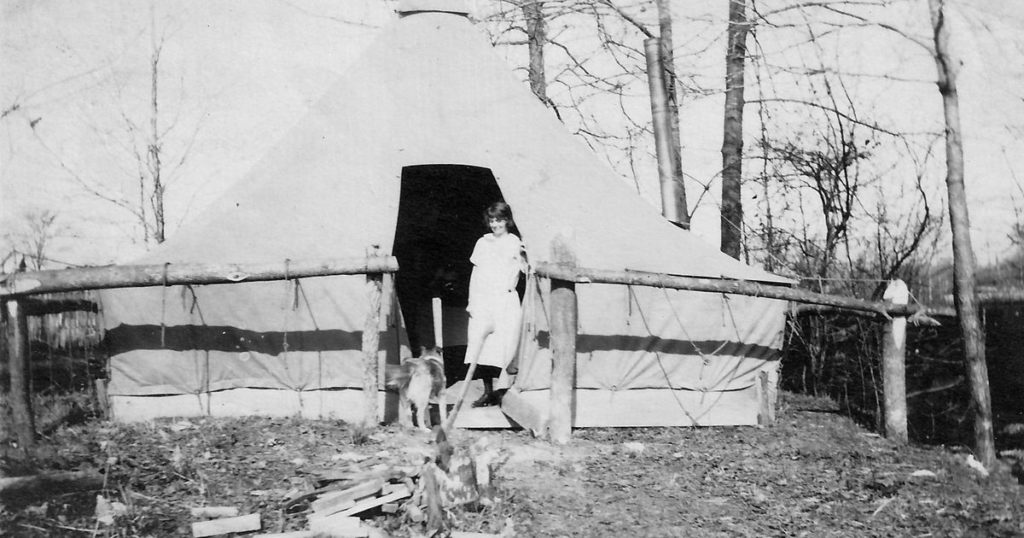
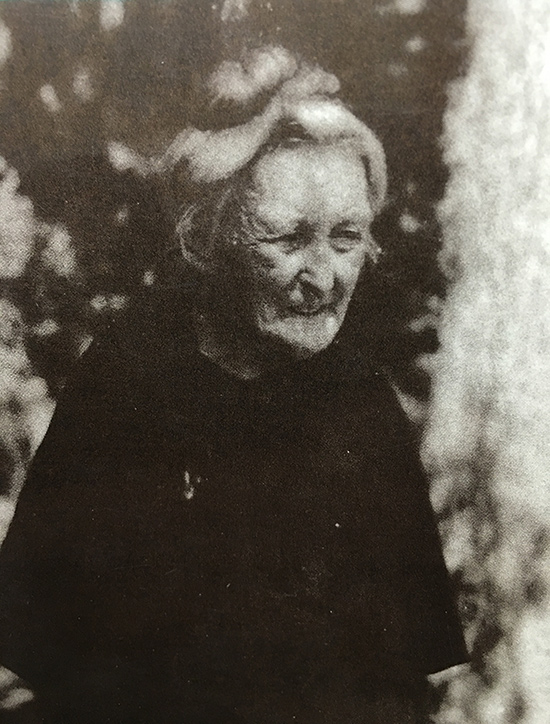
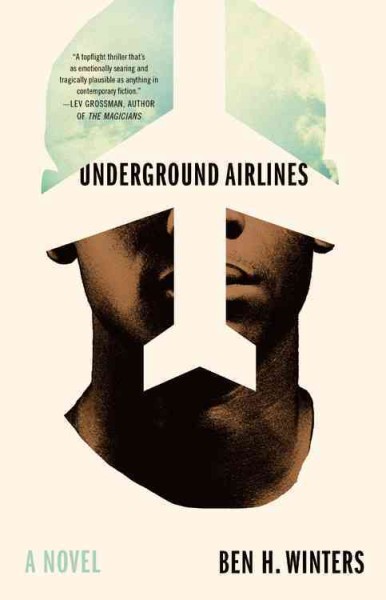 I was mesmerized by the idea since I saw the cover on the front of the July Indie Next flyer:
I was mesmerized by the idea since I saw the cover on the front of the July Indie Next flyer: 